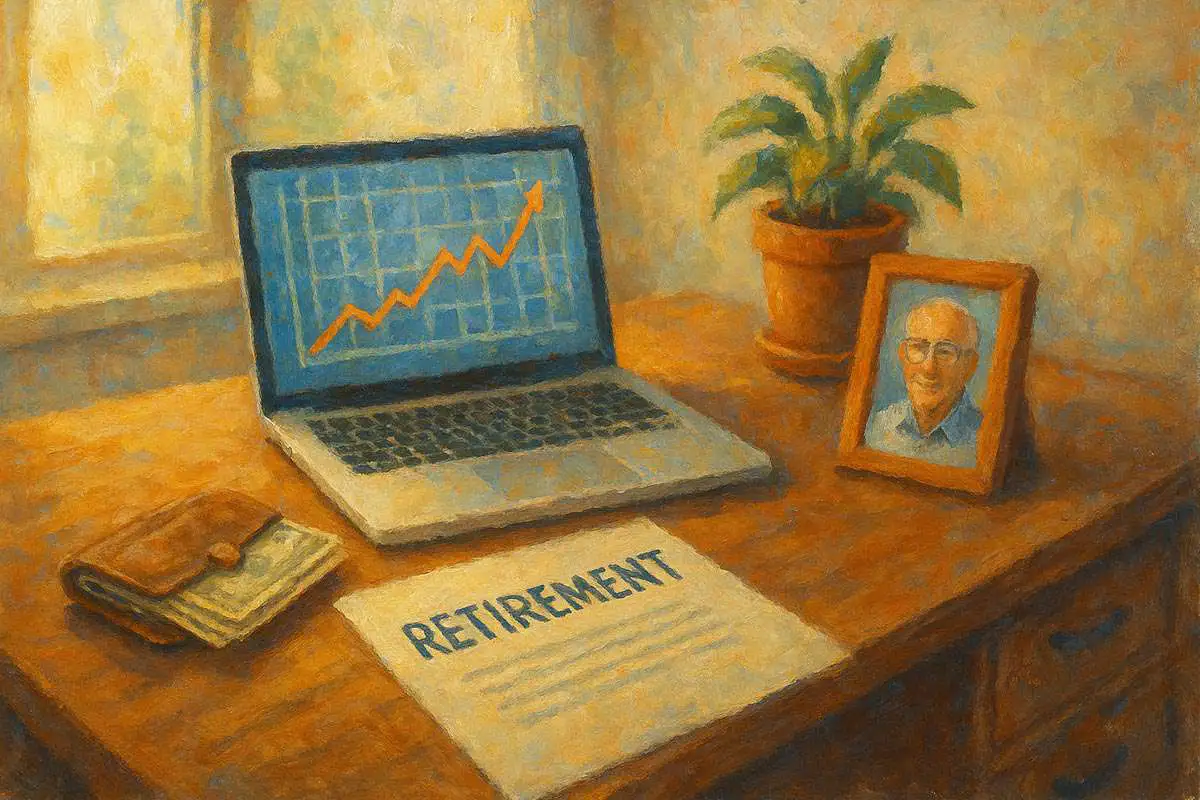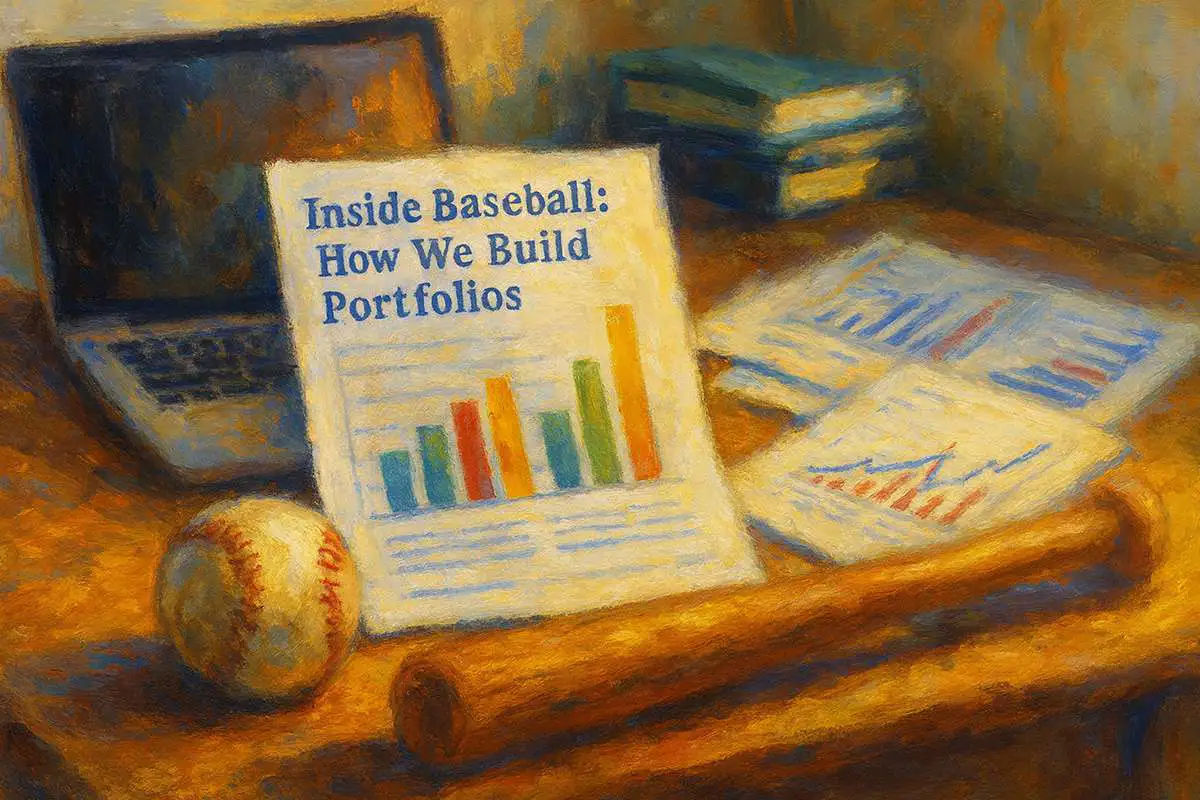It is a new year, and my crystal ball was supposed to have become magically unfogged by the turn of the calendar. Well, I hate to disappoint you, but it hasn’t. Unlike our new president, I lack certitude about the brightness of our future.
My thinking is caught between two quotations from Mark Twain. The first is, “Whenever you find yourself on the side of the majority, it is time to pause and reflect.” And the second: “I’ve lived through some terrible things in my life, some of which actually happened.”
On one side I am in agreement with the majority who expect Trump’s policies to benefit the economy: lower corporate taxes, foreign corporate cash repatriation, deregulation, and so on. This inclines me to pause and reflect, not just because I find myself in the innately uncomfortable position of agreeing with the majority but because these in-your-face positives are only part of the new president’s package.
Trump’s ascendancy also brings a lot of uncertainty – something the market is ignoring, for now. The business-oriented pragmatism that it loves today comes with nationalistic and protectionist “job creation” rhetoric that may result in trade (or even conventional) wars. U.S. foreign policy, trade, and military alliances that have been in place since World War II are being questioned by the new president.
In addition, Trump has been elected at a time when the U.S. economy is quite levered. His “growth” policies will likely bring higher interest rates, which are both positive and negative for the consumer – they help savers and punish spenders. Higher interest rates would most likely be a net negative for corporations, whose average debt load has doubled since the financial crisis. And finally, higher interest rates will be a negative for the government, whose interest expense in 2016 was at the same level as in 2007, despite the debt load almost doubling. Thank you, low interest rates!
This is when we start thinking of Twain’s second insight and remind ourselves that we worry too much. Trump was not elected king or dictator in a lawless banana republic. He is the U.S. president, and when it comes to domestic policy, his powers are limited by the Constitution, which includes plenty of checks and balances.
The Constitution grants the president a lot more power in his role as commander-in-chief, with fewer checks and balances. But now we should remember that Trump has kids and grandkids and owns a lot of shiny buildings with his name on them in this and other countries. In other words, he has a lot of vested interests that he really wants to keep intact during and beyond his presidency. Think of it this way: The U.S. is a large boat, and Trump has a very large room (a gold-plated penthouse) on this boat. Instead of worrying about his conflicts of interest, we should embrace them – they are a guarantee that his foreign policy, though it may be different from that of his predecessors and may therefore create uncertainty and volatility in the interim, will not sink this boat, since he would go down with it. (This brings to mind another of Twain’s adages: “Prosperity is the best protector of principle.”)
Of course there is an easy counterargument to be made: If Trump screws up, starts a trade war, and plunges America into a recession, his net worth may decline – let’s say from $3 billion to $1 billion – but he will remain a rich man and his lifestyle will not change one iota. That is absolutely true. In theory, you’d think people who still had $1 billion would feel proportionately less pain than the average Joe whose stock portfolio fell from $300,000 to $100,000 and suddenly he can’t retire. I can’t speak for every billionaire, but Donald Trump would be devastated, as he cares deeply about his net worth and rank on the Forbes 400 list.
Uncertainty does lead to more volatility. We don’t, however, equate uncertainty with risk. This point is very important. Uncertainty equates to risk under only two circumstances: first, if your investment time horizon is not long enough to wait out an asset’s reversion to its fair value. For instance, if you have to write a check for your daughter’s wedding in two days and your portfolio is down 30 percent, then volatility and risk are one and the same, since your sale will result in a permanent loss of capital.
The second circumstance is when volatility is your master and not the other way around. If you have done your research and believe a stock is worth $10, and the market prices it today at $4, you should celebrate and praise the gods of volatility for their gracious gift. Unfortunately, you need to have done the work to know what the company is worth, but this research would have given you the confidence to buy when most investors are hiding under their desks.
On this point I find myself thinking not of Mark Twain but of another eminently quotable sage – Yoda. As he might have put it, “Embracing volatility we are.”









0 comments
0